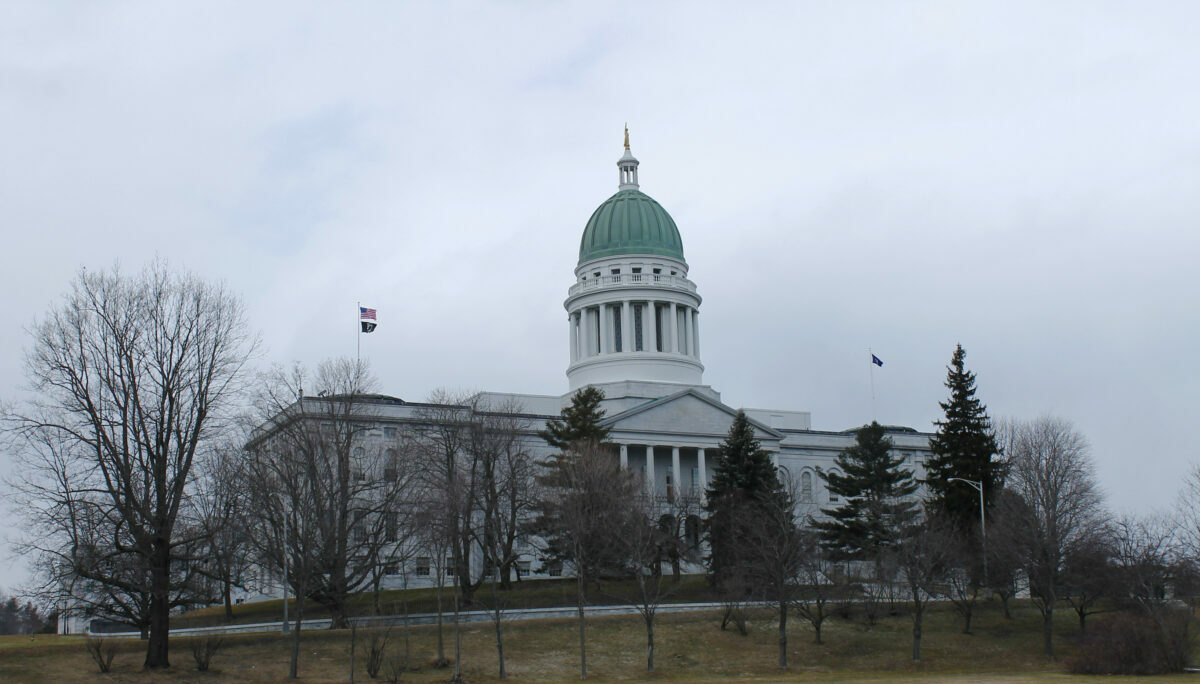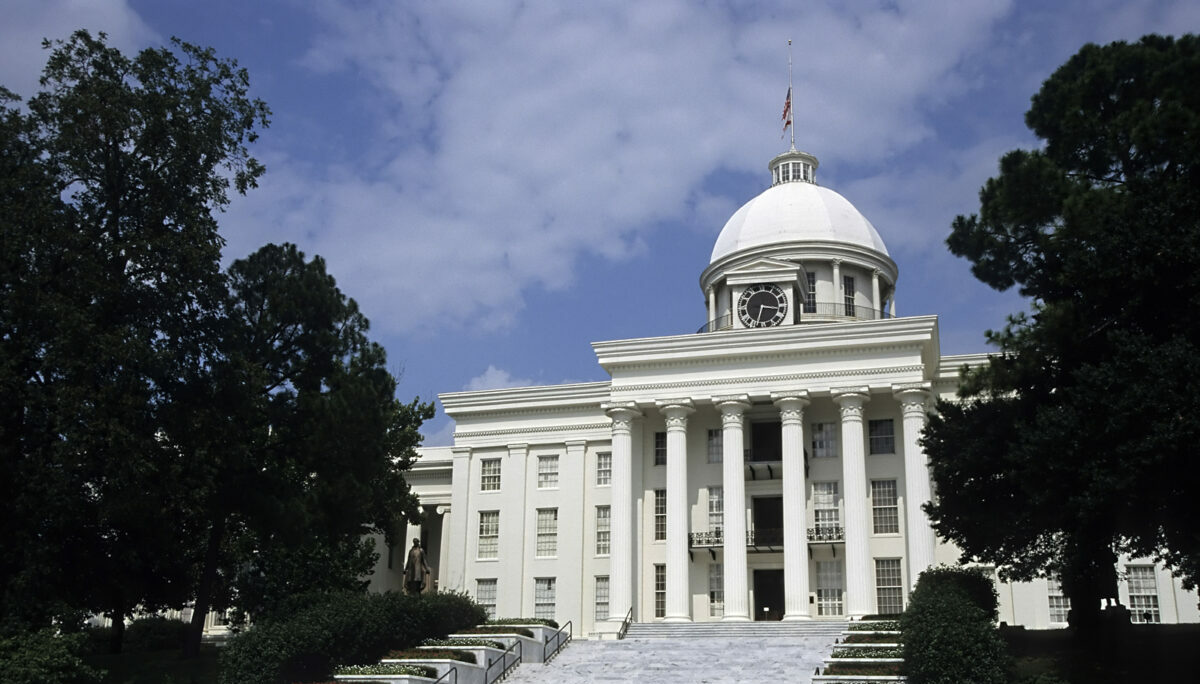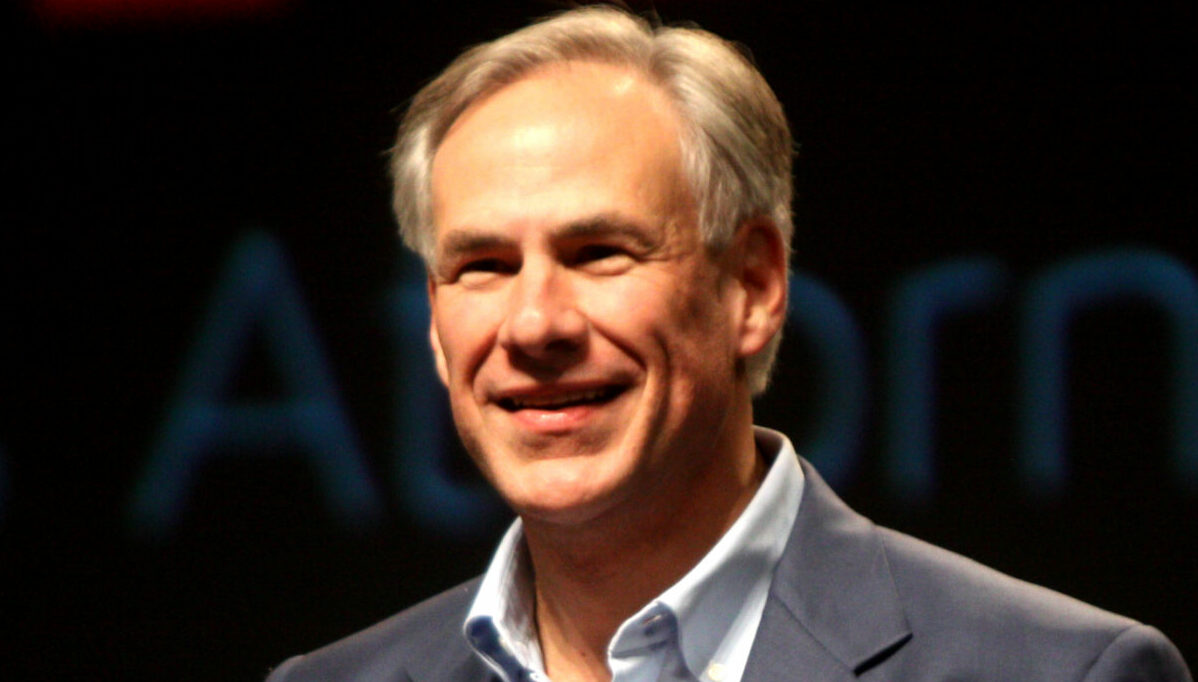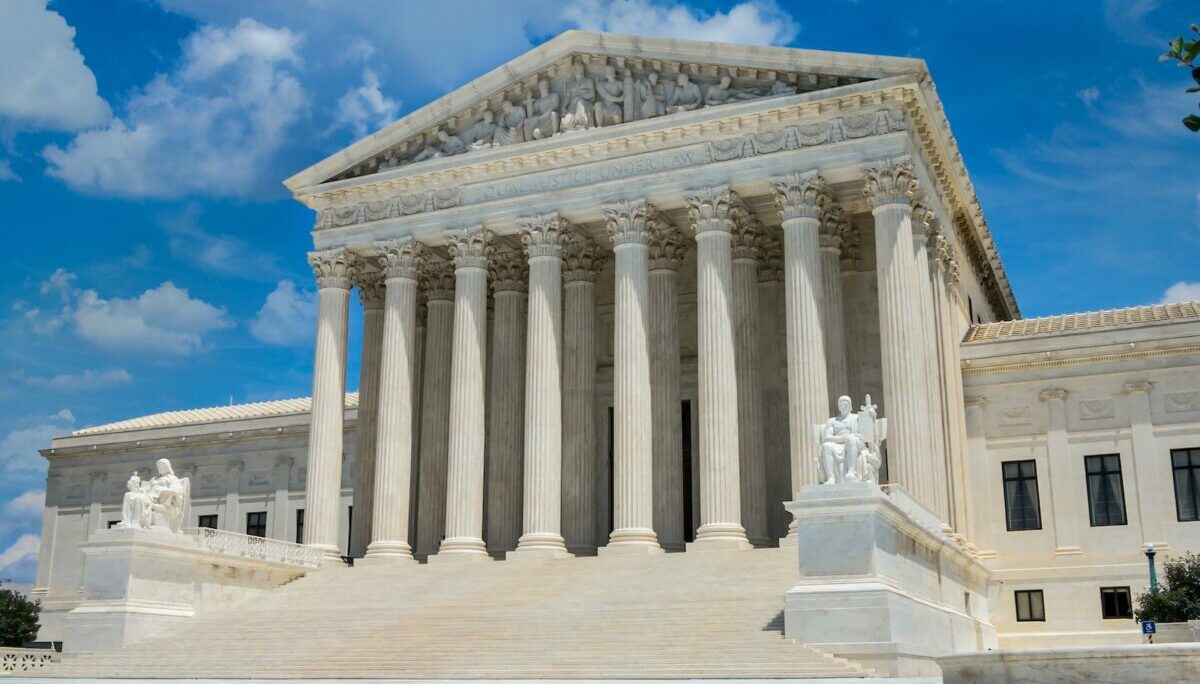
School Choice Is Popular and Gaining Ground
Over the past three years, the educational landscape has witnessed a seismic shift, with the number of states implementing universal or near-universal private school choice programs ballooning from zero to 10. This remarkable expansion has resulted in a staggering 60% increase in the number of students eligible for these programs. Today, the latest data from EdChoice’s ABCs of School Choice report indicates that 32 states, alongside Washington, D.C. and Puerto Rico, have embraced school choice, signifying a pivotal moment in the pursuit of educational freedom. In 2023 alone, 40 states deliberated over 111 educational choice bills. Now, approximately 20 million children—36% of the nation’s youth—are eligible for some form of private choice program.
This groundswell of support for school choice, however, has not gone unchallenged. On the cusp of National School Choice Week, the Partnership for the Future of Learning, a coalition of predominantly left-leaning organizations, including the National Education Association and the Chan Zuckerberg Initiative, launched a toolkit asserting that voucher programs are entrenched in segregation, racism, and discrimination. Furthermore, they argue that private schools lack the necessary accountability measures. Such accusations, however, are not only unfounded but also invert the true racial dynamics at play in our educational system.
Critics of school choice, such as American Federation of Teachers President Randi Weingarten, have historically invoked race to undermine the movement, falsely equating privatization with segregation. Yet, the reality is that public schools remain segregated largely due to the zip code-based assignment system, a vestige of a bygone era that choice seeks to dismantle. Indeed, school choice offers a pathway to integration, as evidenced by research showing that private school choice programs have overwhelmingly contributed to reduced segregation.
Moreover, school choice enjoys broad support across racial lines, particularly among minority communities who stand to benefit most from the dismantling of geographic barriers to quality education. Polls consistently reveal that black and Hispanic parents are more likely to support educational savings accounts and other choice initiatives, recognizing their potential to unlock new opportunities for their children.
The narrative that school choice undermines democracy or perpetuates racial division is not only misleading but also deeply harmful. By opposing choice, critics are effectively endorsing a status quo that confines families to failing schools based on where they live, denying them the agency to seek better options.
As the movement for educational choice gains momentum, it is imperative that we recognize it for what it truly is: a powerful tool for empowering families, promoting integration, and challenging the monopolistic grip of teachers’ unions on our education system. With a growing consensus among parents of all political persuasions, the path forward is clear. School choice is not a partisan issue; it is a fundamental right that transcends political and racial divides, offering hope for a more equitable and dynamic educational future for all American children.














